The ideals of team-based multiplayer FPS have long been steeped in a modern format of classes and self-gratification. From the build, your own soldier approach of Call of Duty, to the ‘Everyone is a Hero!’ style of Overwatch. The gap for personal responsibility and performance has been withered away to mere minor details only punished in the highest forms of play. Even the once punishing Rainbow Six: Siege has slowly grown to be less about its thoughtful approach and more about speedy aggression.
This is where we find Due Process, a game that looks at its contemporaries and turns its back on them. Its storefront description of ‘‘A PVP tactical FPS about PLANNING & EXECUTION’’ may sound like generic drivel, copy and pasted from the *coughs* glory days of Steam Greenlight, but it’s far from that. Due Process is exactly what it says it is, but whether or not that’s good falls entirely on an individual’s understanding of ‘tactical’ shooters.
Due Process divides its rounds into three phases: Planning, preparing, execution. Rounds open on the overhead of the map about to be played, complete with named locations, doors, windows, and, of course, objectives. Points of interest are also highlighted, namely power boxes and vault switches. From here, respective teams can plot their approach both verbally and visually. Voice chat provides vocal planning while the interactive nature of the map provides the visual. Drawing lines and marking positions on the map allows players to showcase their plans and suggestions. These markings also showed within the game itself, as breadcrumb trails on the floor. Upon forming plans, gearing up commences.
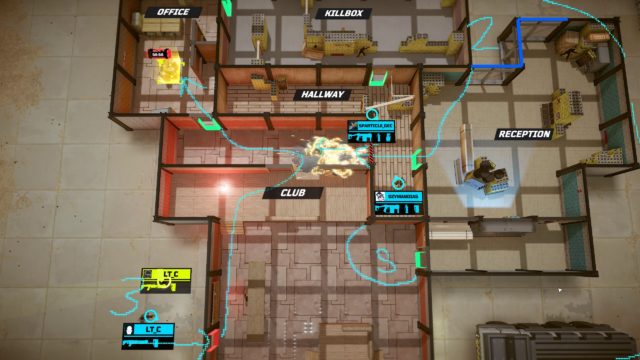
Selecting the tools for the job is where Due Process begins to truly shine. Both defenders and attackers have limited access to a selection of guns and tools to aid them. But there’s a catch: The guns have limited ammo, and the tools are one-time use. Neither are restocked upon the next round. This is where personal responsibility steps in. Every item you take is not just your item of choice, but a tangible resource you’ve taken from your team. Wasting a weapon or tool can lead to complications or even defeat.
Hypothetically, you’re playing as part of the attacking team. You’ve discussed the plan with your team: Enter via the side of the store, through to the power switch in the storeroom. Turn on your night vision, move into the arcade, and use the wall charge to burst into the teller’s office. Grab the tools needed and a submachine gun, move in. Door one goes down, the team moves in, the lights go off, and it all goes wrong. You die, dropping the wall charge, the defenders react by using molotovs to corner your comrades. Flares fly in, lighting up the room, followed by gunfire. Your team is wiped out, the next round begins.
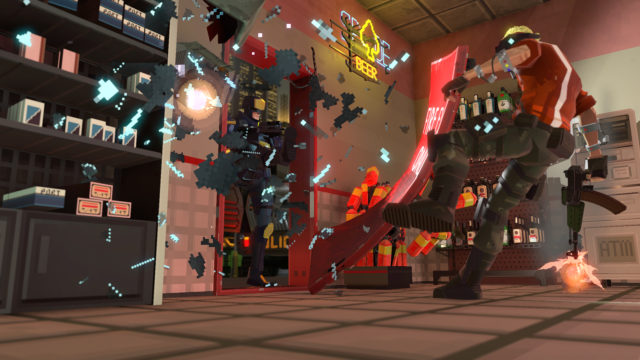
This time around, there’s no wall charge, one less door charge, no night-vision headsets, and one detonator down. That’s before we count the lost weaponry. To make things worse, everything dropped in the previous round could have been picked up and now used by the enemy team. Risk and reward is a hell of a thing. It’s what Due Process is balanced on — the edge between best-laid plans and everything going wrong… and it works.
On the surface, the gameplay looks simple enough. There’s no lean. No gimmicks. No nothing. It’s a simplicity that flirts dangerously with how smart the metagame is. Both attack and defenders are constantly engaged in a mental game of chess, never knowing exactly what’s to come. The procedurally generated levels work in tandem with these mental mind games, turning the simple gameplay on its head. This is Due Process’s selling point.
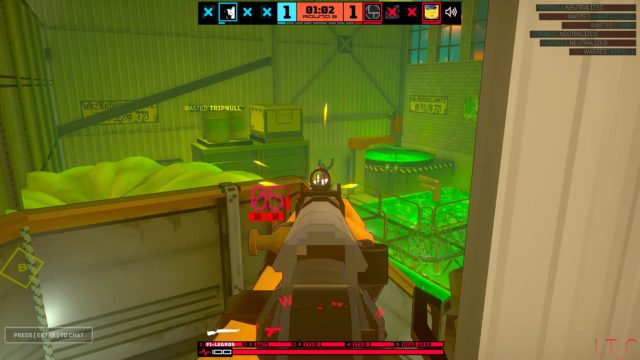
It’s fortunate Due Process has such a strong selling point, further enhanced by nice touches here and there. That warm glow of satisfaction upon leading a flawless plan is hard to beat, even when the game’s poor optimization butts in. Running on a GTX 3080-equipped high-end system, Due Process will often fall below 60 frames per second. The voxel visuals work well at creating a cyberpunk future, complete with strong colours and character designs. Maps have enough detail in them, maintaining a strong theme that doesn’t become too much, making it harder to make call-outs when the action is in full flow. But that frame-rate issue…
It’s a problem often discussed in team chat, just as much as tactics in some cases. Crashes and various other nuisances also stake their claim but fail to be as bothersome as those dropping frames. But it’s not the biggest issue Due Process is facing.
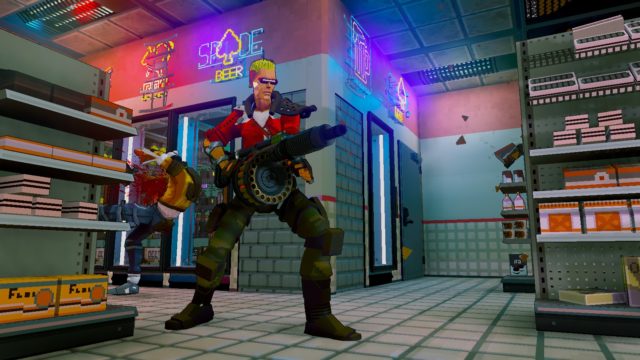
Due Process’s core gameplay requires a willing community in order for it to work. The focus on planning and strategy only works with a team equipped with microphones and openness to use them. From the 20+ hours played, most of the player-base is happy to chat and strategize, allowing the gameplay to blossom. Trolls, however, can change the entire complexion of a game. From stealing key items, wasting ammo, and team-killing, Due Process is at their mercy. But even then, this is not the game’s biggest issue.
To be blunt, player-numbers are low. Finding a ranked match outside of US servers is impossible. Queuing on US servers isn’t exactly a certainty either. With less than 200 players online at times, it puts Due Process in a very dangerous position. The quality of the core content is undeniable, even with its niggles, but the real problem is it could all be for nothing as it sinks into obscurity.
Smart, calculated, and enjoyable when the player mix is right, Due Process is a little gem that deserves more attention.




























































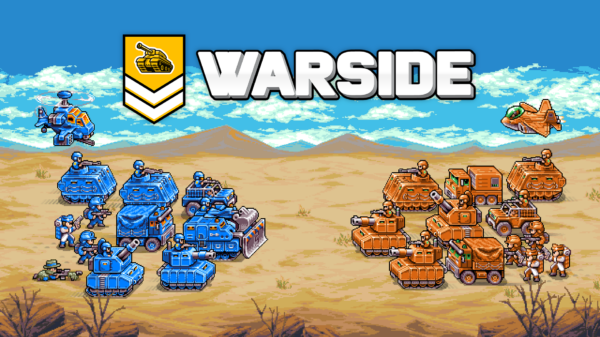
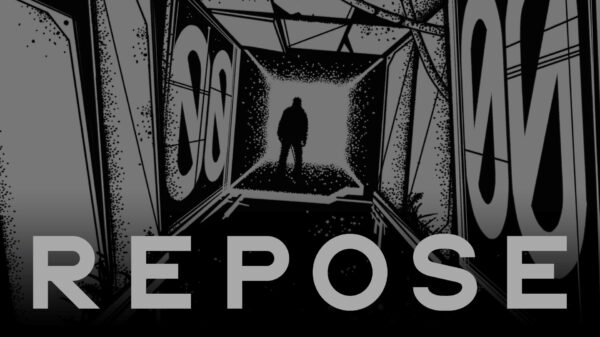




































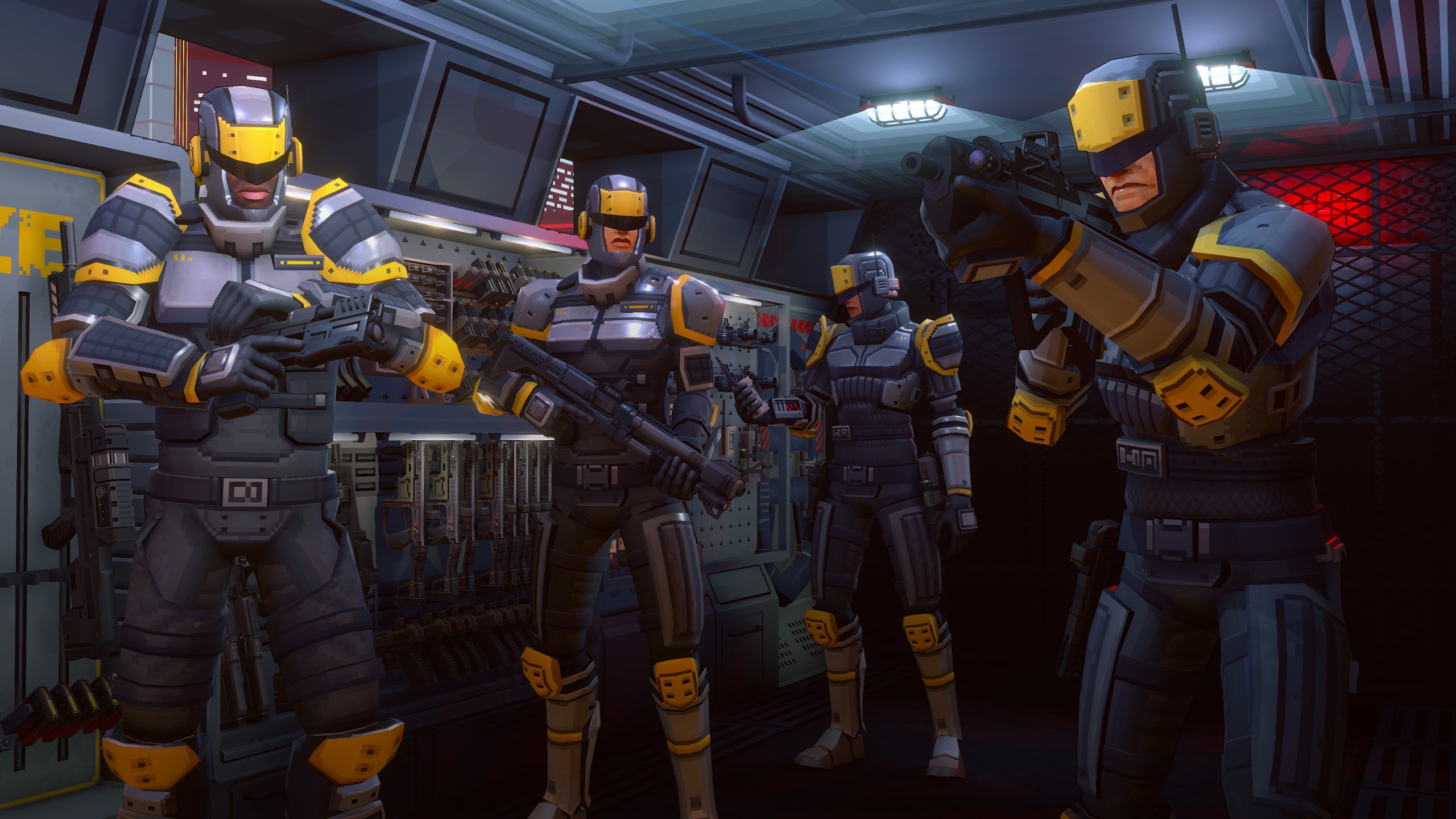


Daniel
November 20, 2020 at 12:39 pm
Good read and 100% correct, the low player base and poor handling of surfacing a game that has been around for a while, and that one game where someone drops all the ammo to the floor so its wasted -.- other than that , its a diamond that’s the rough not in it,